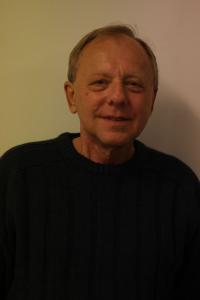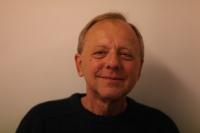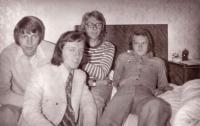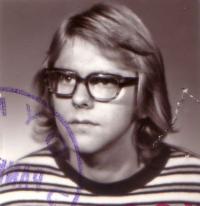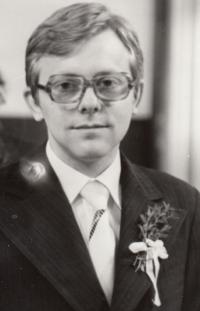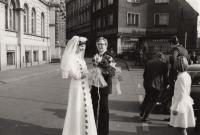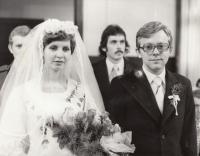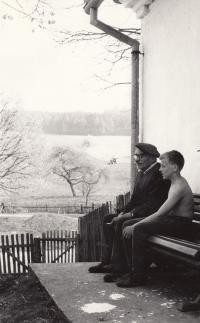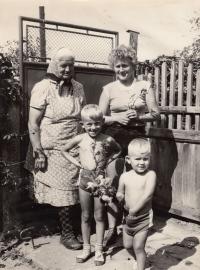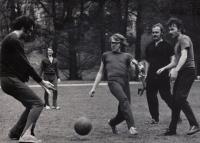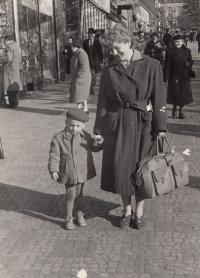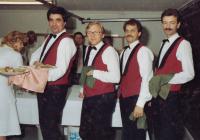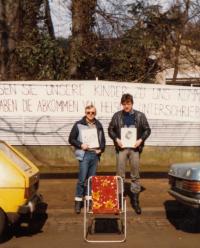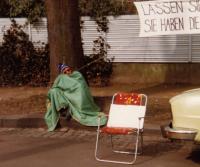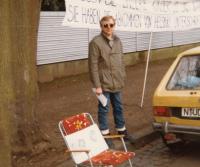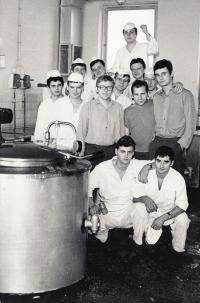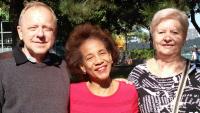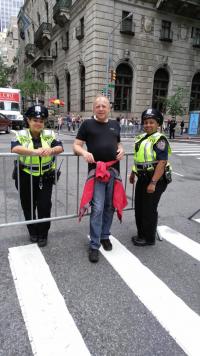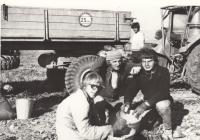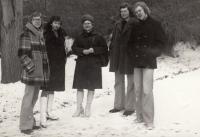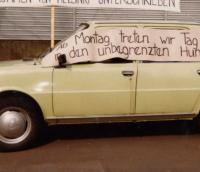I did a lot of stupid things, but I was very lucky

Download image
Ondřej Průcha was born on May 16th 1954 in Praha. His father worked at the military construction company; his mother was a nurse at Thomayer´s hospital. As fourteen years old, he witnessed the Warsaw Pact invasion. From 1969 to 1972, he has been serving his apprenticeship in Hotel Alcron, becoming a waiter. After winning a competition, he was admitted to prestigious hotel school in Karlovy Vary without having to pass the exams, where he graduated in 1976. In October 1976, he began his compulsory military service in Přerov, serving as a provision’s supplier for the kitchen. On October 15th 1977, he married Hana Heidelbergová and a year later, his first daughter Tereza was born. In 1979, Ondřej Průcha got a job at Ješted Hotel in Liberec Region, he had been working there till 1983. In 1981, his second daughter Martina was born. Two years later, he emigrated to West Germany without his wife and children, expecting that they would join him later. While waiting in a refugee camp in Johannesbrunn for his asylum application to be proceed, he had been working without permit and tried to learn the language. Once he was granted asylum, he began to work at a luxurious výletní restaurant in Nurnberg. Both he and his wife made several pleas for the family to be reunited in West Germany, however, all the applications had been rejected. As a result, he decided to do a hunger strike outside the Czechoslovak embassy in Koln am Rhein with a friend which had been covered by the press. Two years later, his wife and children could join him at last, after paying the ransom of ten thousand German marks. In 1989, the family came to Czechoslovakia where they would gradually resettle (while commuting to work in Germany). After retiring, Ondřej Průcha started his own cycle-ball sports club, as he was pursuing the sport since his youth.
